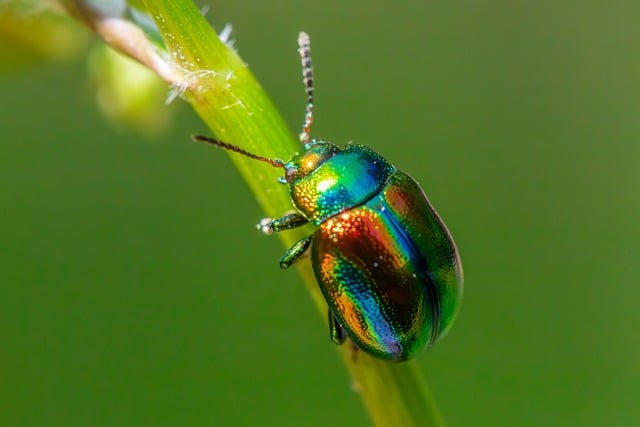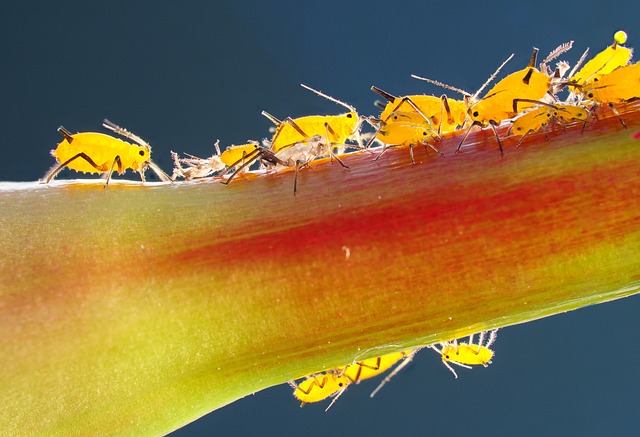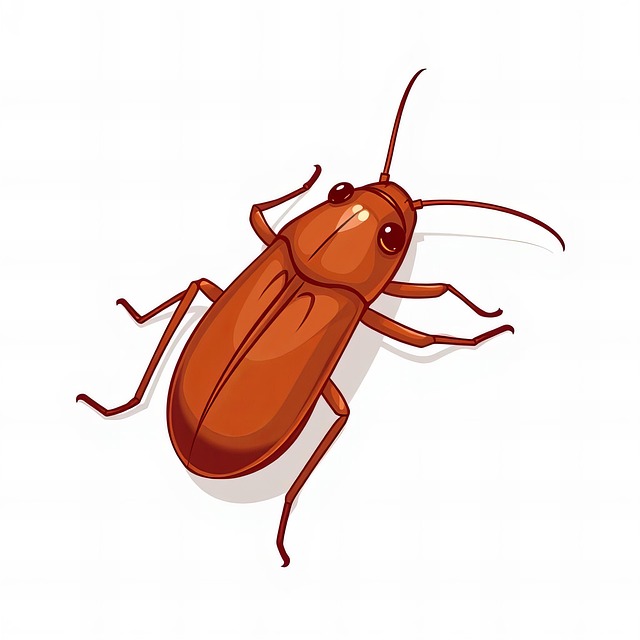In Littleton, organic pest control for home gardens focuses on deterring fleas and ticks through natural methods like beneficial insects, aromatic herbs (lavender, rosemary, marigolds), essential oils (neem, peppermint, citronella), physical barriers (organic mulching), and strategic garden design to maintain a healthy, sustainable ecosystem free from harsh chemicals.
In the lush green spaces of home gardens in Littleton, understanding and addressing flea and tick infestations are essential for a healthy, vibrant landscape. This article explores effective organic pest control methods tailored for your Littleton garden. We delve into the intricacies of these common pests, offering insights on their behavior and impact. Additionally, we provide practical steps to implement preventative measures, ensuring a safe and enjoyable outdoor haven without resorting to harmful chemicals.
- Understanding Fleas and Ticks in Your Garden
- Organic Solutions for Effective Pest Control
- Implementing Preventative Measures in Littleton Gardens
Understanding Fleas and Ticks in Your Garden

Understanding the presence of fleas and ticks in your garden is a crucial first step when considering organic pest control for home gardens in Littleton. These external parasites are not only a nuisance but can also pose significant health risks to both humans and pets. Fleas, tiny hopping insects, thrive in warm, moist environments—a perfect condition for lawns and landscaping. They feed on the blood of mammals, including dogs, cats, and even people, causing itching and irritation. Ticks, on the other hand, are arachnids that attach themselves to hosts to feed on their blood. They can carry and transmit diseases such as Lyme disease and Rocky Mountain spotted fever.
Identifying areas in your garden that attract these pests is key. Overgrown vegetation, dense shrubs, and high grass provide ideal hiding spots for fleas and ticks. Regularly trimming these areas and maintaining a clean yard can help deter them. Organic methods, like using natural repellents (e.g., garlic, neem oil), introducing beneficial insects (such as ladybugs), or creating physical barriers (e.g., stone paths), are effective ways to manage flea and tick populations while keeping your garden safe for both you and your pets.
Organic Solutions for Effective Pest Control

When it comes to organic pest control for home gardens in Littleton, there are several effective strategies to consider. Natural solutions offer a safe and environmentally friendly approach to managing fleas and ticks without resorting to harsh chemicals. One of the best organic defenses is maintaining a healthy garden ecosystem. Encouraging beneficial insects like ladybugs and spiders will naturally feed on fleas and ticks, keeping their populations in check. Additionally, planting aromatic herbs such as lavender, rosemary, and marigolds can act as natural repellents, deterring these pests from infesting your garden.
Another powerful organic pest control method is using essential oils. Oils like neem, peppermint, and citronella have proven to be effective against fleas and ticks when applied topically or diluted and sprayed around the garden. These oils disrupt the pests’ nervous systems, causing them to avoid treated areas. Organic solutions not only protect your family and pets from harmful chemicals but also promote a more sustainable and balanced garden environment.
Implementing Preventative Measures in Littleton Gardens

In the pursuit of a lush and vibrant garden, organic pest control for home gardens in Littleton stands out as a preferred choice for many residents. This approach focuses on natural methods to manage and prevent flea and tick infestations without resorting to harsh chemicals. By implementing preventative measures, gardeners can create an environment that discourages these pests while promoting the health of plants and beneficial insects.
One effective strategy involves maintaining excellent garden hygiene, such as regularly cleaning up fallen leaves and debris where fleas and ticks proliferate. Additionally, creating physical barriers like mulching beds with organic materials repels these pests naturally. Certain plants known for their insect-repelling properties, when incorporated into the garden design, can serve as a non-toxic defense mechanism against flea and tick attacks. Organic pest control methods not only protect pets and family but also contribute to a healthier and more sustainable Littleton garden ecosystem.
In light of the above, implementing an organic pest control strategy for your home garden in Littleton is both feasible and effective. By understanding the behavior of fleas and ticks and employing natural solutions, you can create a safe and thriving outdoor space. Remember that preventative measures are key; regular inspections, maintaining a clean yard, and choosing pet-friendly options will significantly reduce these pests’ presence. With these simple steps, you’ll be well on your way to enjoying a lush, pest-free garden in the heart of Littleton.
